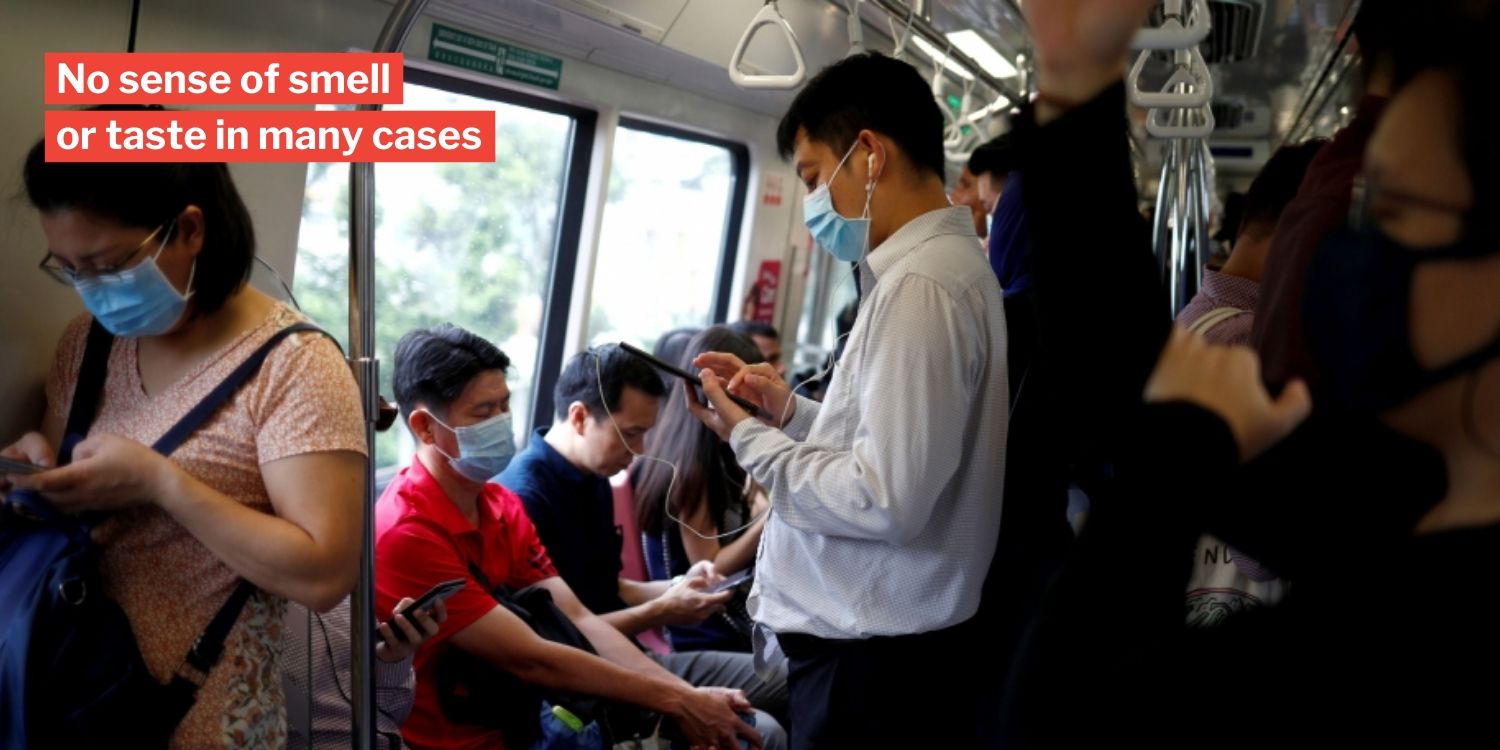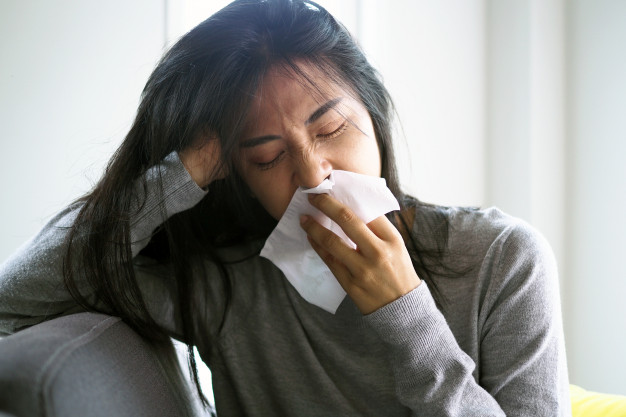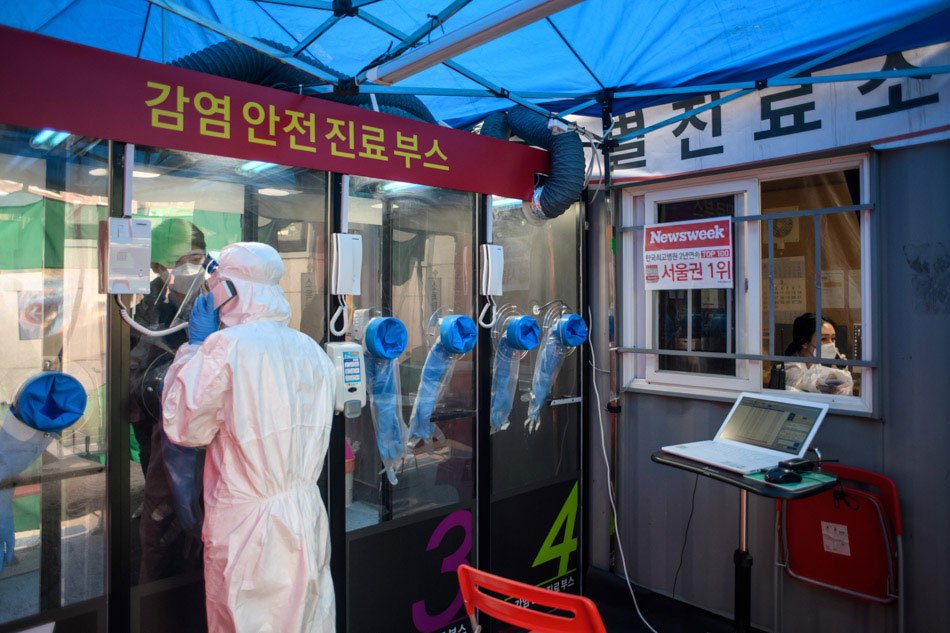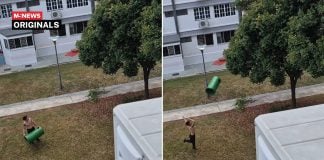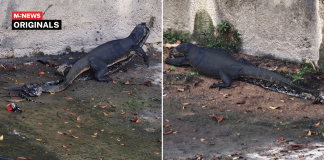Many Covid-19 Cases Report Smell & Taste Loss, Doctors Recommend Testing Those With These Symptoms
The Covid-19 outbreak is worsening globally, but we still don’t know a whole lot about it. Now doctors are finding something in common in many confirmed cases — a loss of sense of smell.
According to the New York Times, British physicians say the loss of smell is a “telltale” sign of Covid-19, and people can experience this even with no other symptoms.
Some patients also find that they lose the sense of taste as well as appetite before developing more serious symptoms like a fever and breathlessness.
As such, doctors are recommending that we test cases who report a loss of sense of smell and taste.
Anosmia can occur with mild or no other symptoms
Anosmia, otherwise known as the loss of a sense of smell, apparently occurred in about 30% of 2,000 Covid-19 patients tested in South Korea.
The most shocking part is they otherwise reported mild symptoms, as the British physicians reports.
Basketball player Rudy Gobert also claims he lost his sense of smell after testing positive for Covid-19.
According to Dr Marco Metra, chief cardiologist in Brescia hospital, many patients in Italy mention that their significant others had lost their sense of smell and taste but have no other symptoms.
There is also no nasal congestion among such cases.
Declare all symptoms when going to the hospital or GP
The Ministry of Health (MOH) in Singapore has not confirmed that anosmia is a Covid-19 symptom. But losing your sense of smell isn’t something that happens randomly.
Normally, smell loss isn’t serious. But our sense for what is serious and what isn’t has changed considerably over the past few months.
Not all cases will experience smell loss. However, the numbers of those who do appear significant globally.
And if this happens to you or someone you know, do not just see an ENT specialist. They may be unknowingly exposed to the virus.
Do practice self-isolation and see a doctor if you start feeling unwell. Also, always remember to wash your hands regularly.
Featured image adapted from Public Radio International.
